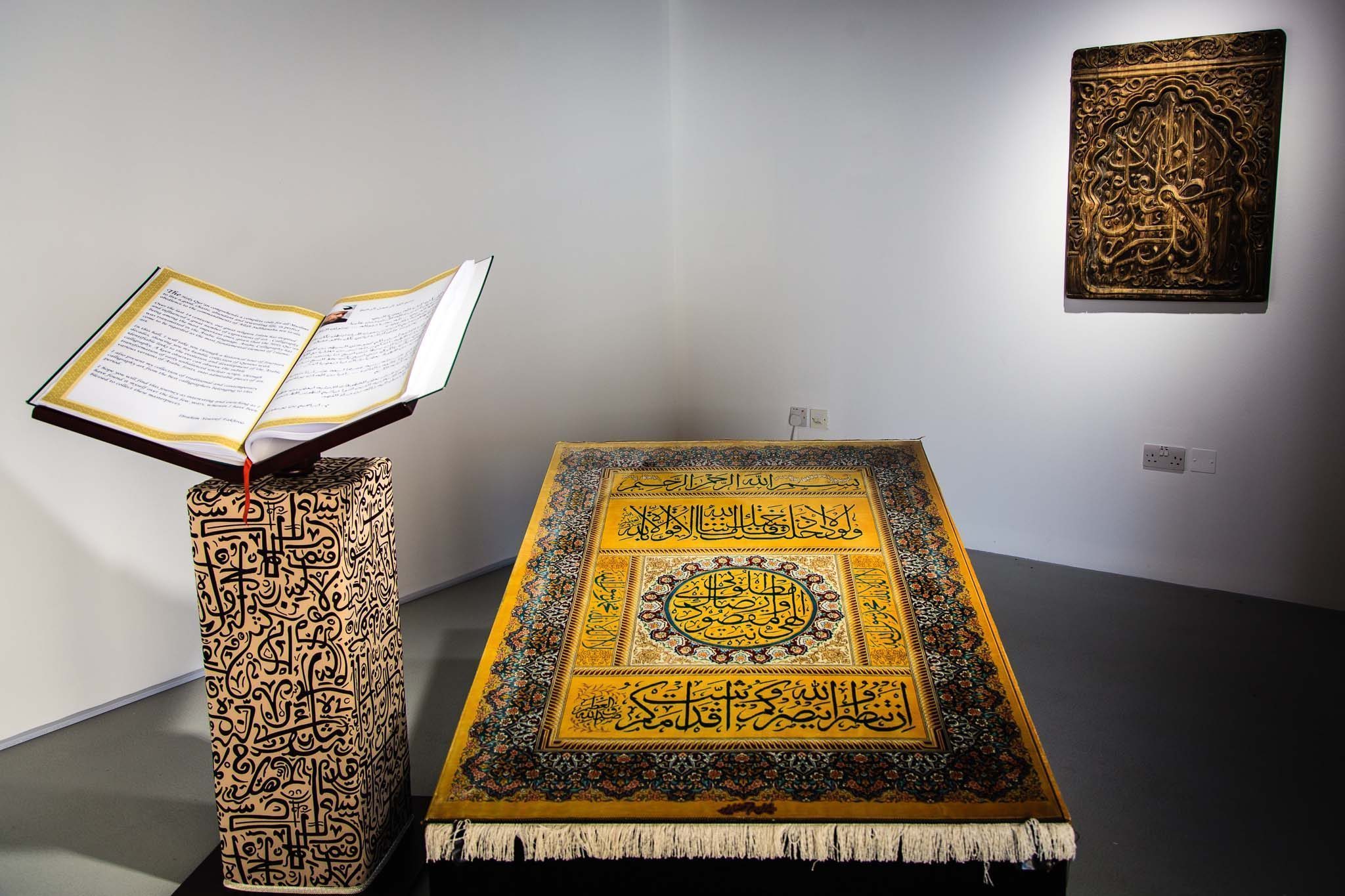
Qatar’s blasphemy laws are among the five worst in the world when it comes to violating human rights, a new US report has said.
The Gulf state was ranked fifth in the newly released Respecting Rights? Measuring the World’s Blasphemy Laws.
It came just behind Iran, Pakistan, Yemen and Somalia, and narrowly ahead of Egypt, Italy and Algeria.

The report was authored by the U.S. Commission on International Religious Freedom (USCIRF).
It found that 71 of the world’s 195 nations have blasphemy laws, with penalties ranging from fines to jail time or death.
Blasphemy was defined as “the act of insulting or showing contempt or lack of reverence for God.”
Human rights
The purpose of the report was to raise awareness of human rights violations incurred through blasphemy laws.
In a statement, USCIRF Chairman Daniel Mark said the problem with such legislation is that it can lead to violence.
“Advocates for blasphemy laws may argue that they are needed in order to protect religious freedom, but these laws do no such thing,” he said.
“Blasphemy laws are wrong in principle, and they often invite abuse and lead to assaults, murders, and mob attacks. Wherever they exist, they should be repealed.”
The 71 countries with blasphemy legislation were ranked in the report. Factors included the vagueness and penalty severity of the laws, as well as how they affected freedom of expression and religion.
Whether the rules discriminated against groups through state religion protections was also assessed.

The five worst-ranked nations, including Qatar, appear to protect the official state religion of Islam in a way that discriminates against non-Muslims, the report found.
It added that most countries listed in the report have signed the Universal Declaration of Human Rights and the International Covenant on Civil and Political Rights, which protect free speech.
Qatar however is not a signatory to either document.
Qatar’s laws
Religion can be a bit of a touchy subject in Qatar, a conservative Muslim country.
Its first church since pre-Islamic times opened in 2008. But other religions such as Hinduism are not permitted to open houses of worship.

In terms of disrespecting religion, Article 256 of Qatar’s penal code specifically prohibits:
- Insulting God through writing, drawing, gesturing or in any other way or through any other means;
- Offending, misinterpreting or violating the Quran;
- Offending the Islamic religion or any of its rites and dictates;
- Cursing any of the divine religions (Christianity and Judaism) according to the regulations of Islamic law;
- Insulting any of the prophets through writing, drawing, gesturing or in any other way or through any other means; and
- Sabotaging, breaking, damaging or violating sites or their contents if they are made to perform religious rites for one of the divine religions according to the regulations of Islamic law.
The maximum penalty for such offenses is seven years’ imprisonment.
One reason for Qatar’s poor score on the index was because it singled out Islam and “divine religions” in its blasphemy law.
This is problematic because it establishes “a clear hierarchy of beliefs within the confines of the state religion,” the report said.
Other nations
Countries with blasphemy laws that fared better in the report included Ireland, Spain and the Philippines.
The first two nations only punish blasphemy through a fine, and many of the top-scoring countries do not discriminate between religions.

Tunisia was the only Muslim nation in the top 10 best-scoring countries.
In terms of the Gulf, Saudi Arabia was 12th worst, Bahrain 13th, the UAE 16th and Oman 21st.
Kuwait fared better at 33rd, which was in the middle of the rankings.
Thoughts?







